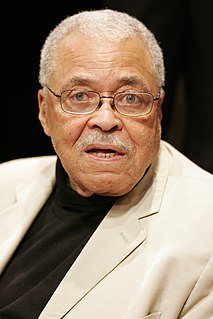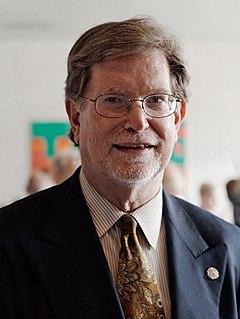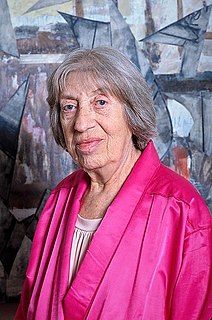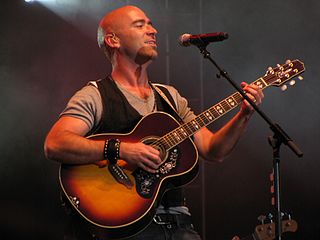A Quote by James Earl Jones
I mean, my people were very, very simple. They were peasant people, you know?
Related Quotes
It's great when you can bait and switch people - and I don't mean that in a negative way, I mean that in truth. If we were advertising this movie as a very serious indictment about the hunt for war criminals, and it's a very dark drama, it would probably get great reviews, but people would stay away from it because no one wants to be lectured.
Go back to the Bible, the Old Testament. I mean there were people who we would call intelectuals, there, they were called prophets, but they were basically intelectuals: they were people who were doing critical, geopolitical analysis, talking about the decisions of the king were going to lead to destruction; condemning inmorality, calling for justice for widows and orphans. What we would call dissident intelectuals. Were they nicely treated? No, they were driven into the desert, they were imprisoned, they were denounced. They were intelectuals who conformed.
He didn't call his father and mother 'Father' and 'Mother' but Harold and Alberta. They were very up to date and advanced people. They were vegetarians, non-smokers and teetotalers, and wore a special kind of underclothes. In their house there was very little furniture and very few clothes on the beds and the windows were always open.


































